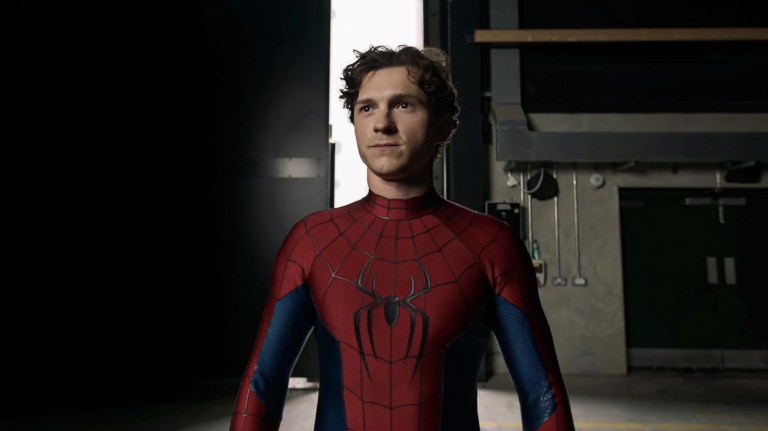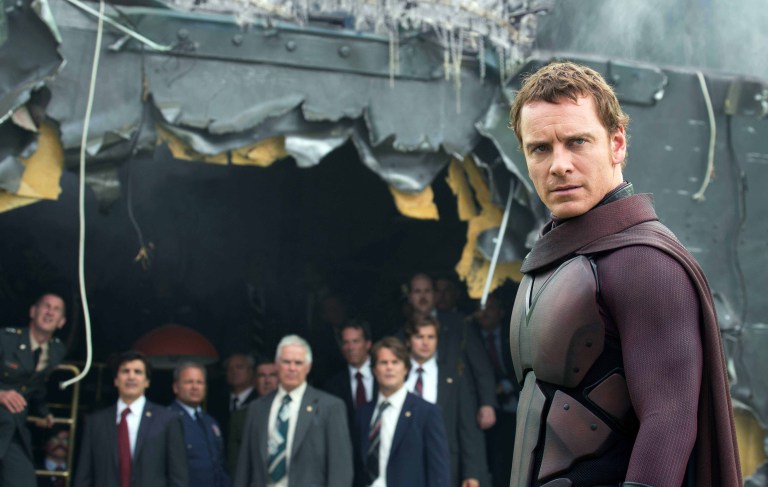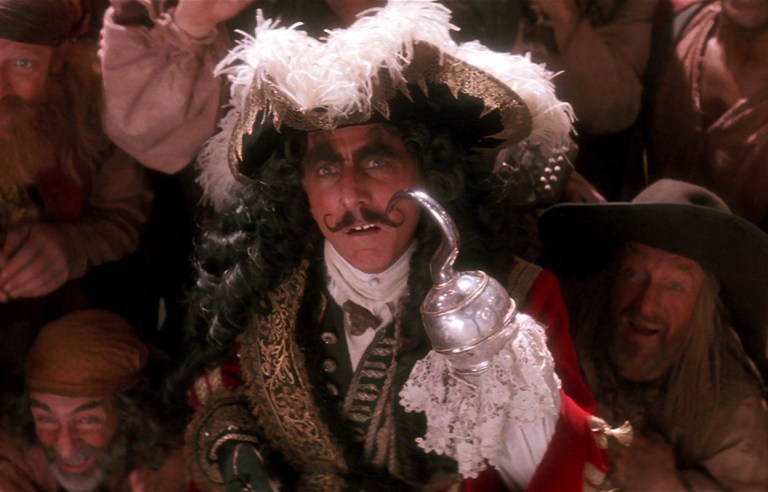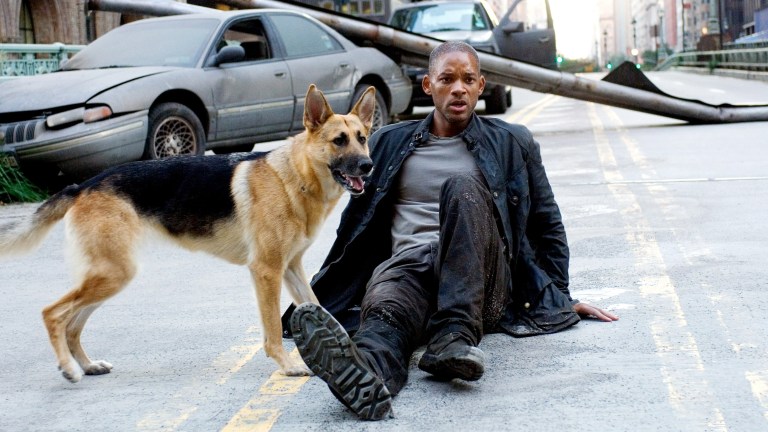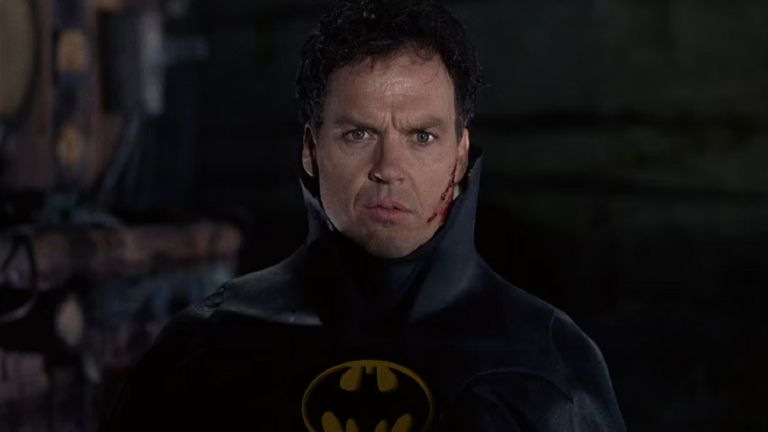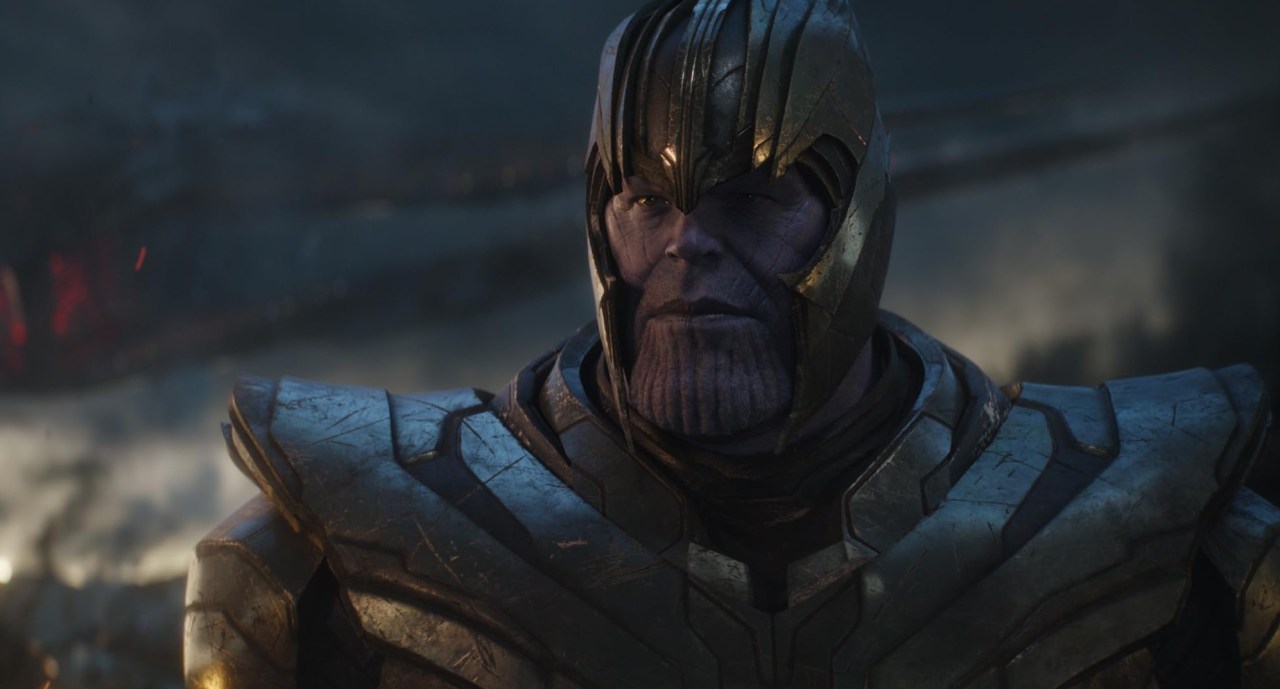
8 Sympathetic Movie Villains Who Were Absolutely Right
More often than not, a movie’s success lies not only in the strength of its main character, but in the memorable characteristics of its leading antagonist.
Whereas some villains might appear two-dimensional or cartoonishly evil for the sake of plot, other cinematic baddies have a way of capturing our attention, presenting points and arguments that cause audiences to question their own morals and personal philosophies.
From tragic villains within the MCU to fugitive robots seeking the key to immortality, here are eight sympathetic movie villains who had excellent reasons for being “evil” in the first place.
General Thaddeus “Thunderbolt” Ross (MCU)
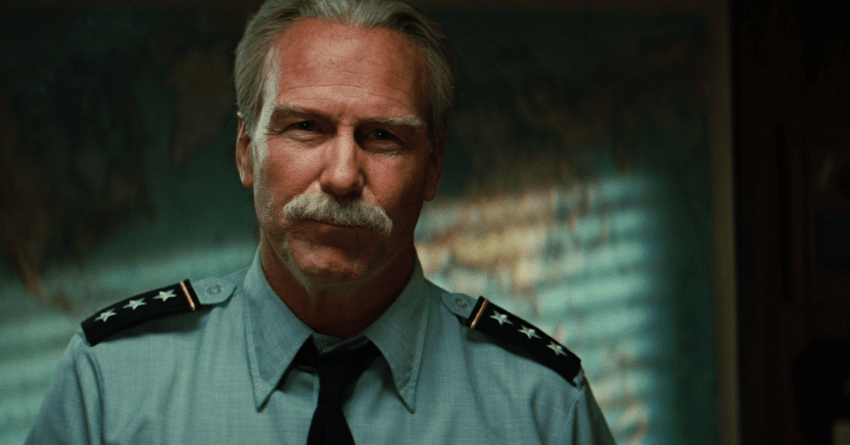
A recurring antagonist from the earliest days of the MCU, General Thaddeus “Thunderbolt” Ross tends to take a hardline view of superheroic characters within the Marvel series. While some might characterize him as a staunch bureaucrat with a paranoid view of superpowered individuals, Ross also identifies the undeniable dangers that come from heroes soaring through the skies with the freedom to do whatever they want – putting millions of lives in jeopardy in the process.
Gorr the God Butcher (Thor: Love and Thunder)
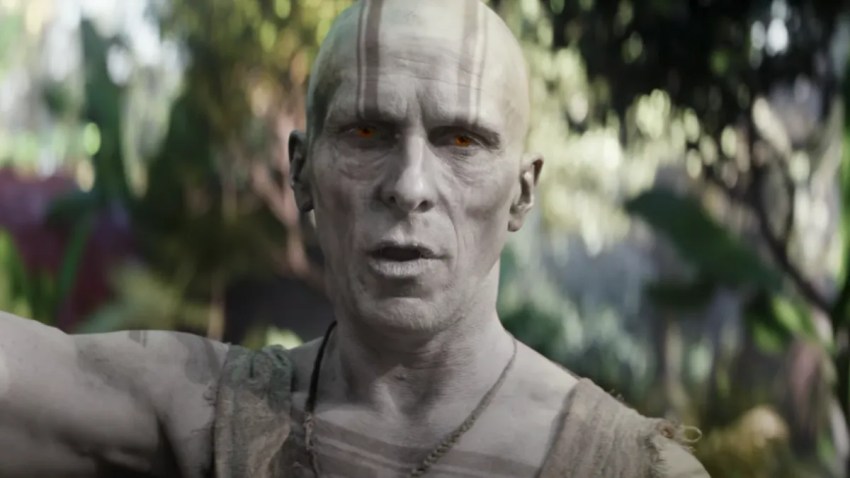
Similar to the aforementioned General Ross, Gorr the God Butcher has every reason to take a hostile view of mythological deities within the MCU. On the one hand, these reckless gods personally doomed his species (and his family) to extinction, callously ignoring his people’s plight when they needed divine intervention the most. Realizing how power-hungry and self-obsessed gods themselves can become, Gorr makes the extreme but justified decision to purge these deities from the universe, finally holding the gods accountable for their own past failures.
Count Dooku (Star Wars)
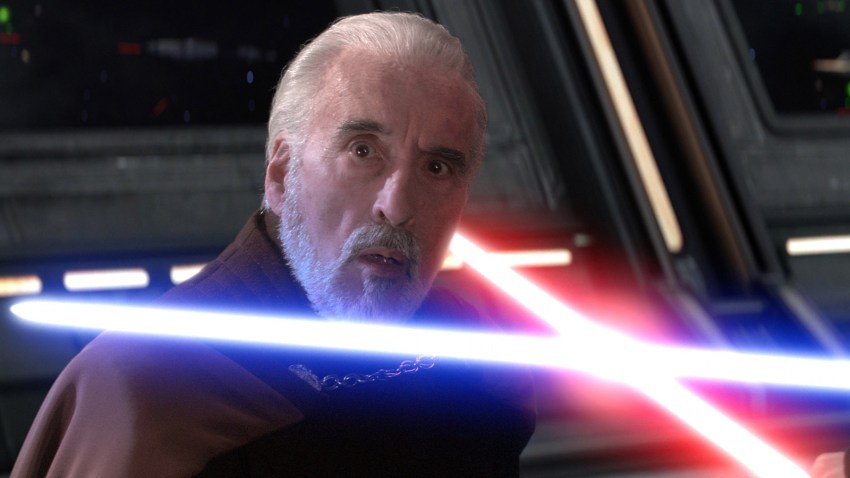
While it’s hard to justify any of the Sith’s actions in the Star Wars canon, Count Dooku at least has a sympathetic reason for falling to the Dark Side. Frustrated by the corruption sweeping across the Republic and furious at the Jedi Order’s culpability in the rise of the Sith, Dooku joins Darth Sidious simply to re-establish peace and justice in the galaxy. Believing the current state of the galaxy makes the Republic and Jedi Order beyond saving, Dooku is the perfect example of the old adage “the road to hell is paved with the best intentions,” his prevalent motivations making him one of the fascinating characters in Star Wars’ history.
General Hummel (The Rock)
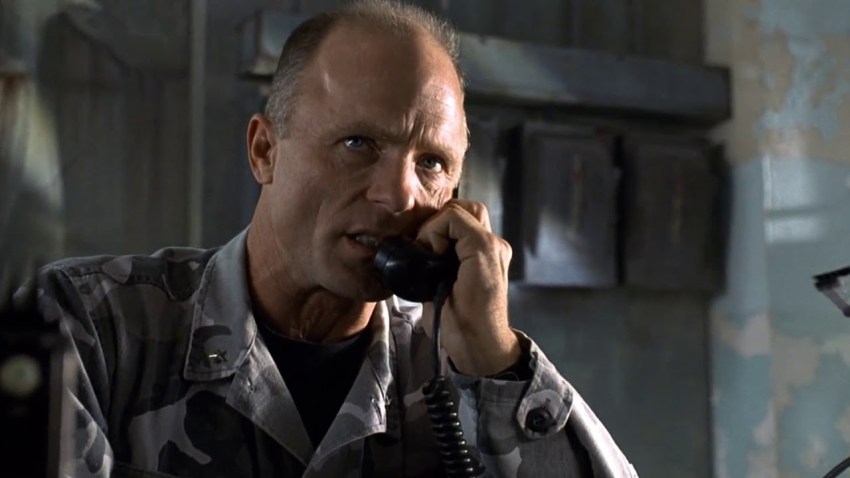
It’s not very often that you see an anti-villain as consistently honorable as The Rock’s General Hummel. A decorated war hero-turned-embittered criminal mastermind, Hummel’s motives for holding San Francisco hostage are born out of his overwhelming hatred of Washington’s bureaucracy. Infuriated by the lack of respect paid to fallen soldiers by opportunistic politicians, Hummel hatches the admirable if ill-advised plan to ensure these veterans’ families are given their well-deserved financial dues. Sure, his methods to secure that goal might be unorthodox, but you can’t argue that his heart and mind were in the right place.
Ozymandias (Watchmen)
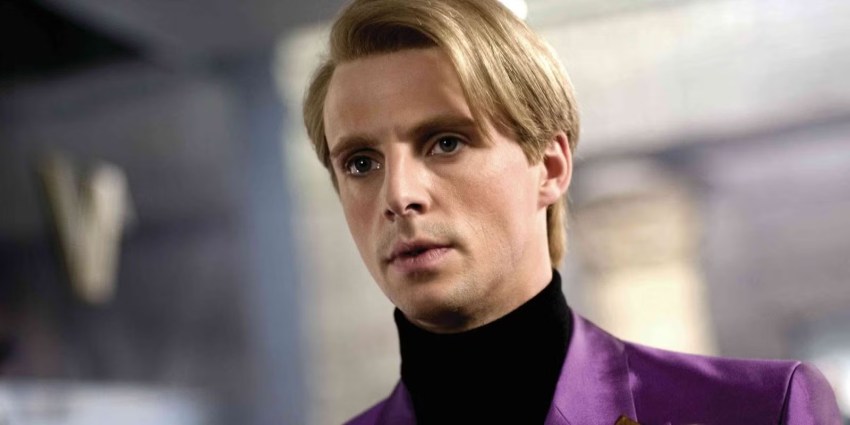
Ozymandias will be the first person to tell you he’s not your standard comic book villain. Rather, he’s an ingenious anti-hero capable of committing some truly horrific acts for the sake of world peace. Killing millions in order to save billions, Ozymandias uses the threat of genocide to avert World War III, pitting humanity against a common enemy instead of pointlessly threatening to destroy each other in mutually assured annihilation.
Thanos (The Avengers)

Like Watchmen’s Ozymandias, Thanos’ actions might be somewhat extreme in their scope. But at the end of the day, the Mad Titan’s unwavering quest for the Infinity Gauntlet comes out of a genuine desire to save the universe, allowing it to grow and prosper instead of collapsing in on itself. Sacrificing everything to achieve his goals, Thanos might be the overarching villain of the MCU, but there’s never any doubt he truly believes his actions (no matter how monstrous) are completely necessary for the safety and welfare of the universe.
Magneto (X-Men)
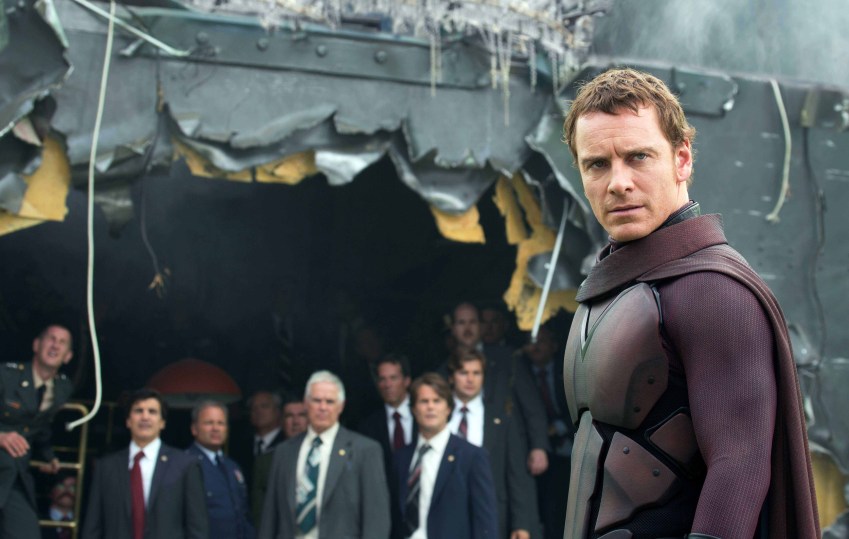
As with its comic book predecessor, there’s a compelling debate at the center of the X-Men films – namely, can humans and mutants peacefully co-exist. Though his close friend/recurring rival Professor X tends to take a more favorable view of human-mutant relations, Magneto recognizes the inherent dangers that come with humanity and mutants attempting to live side-by-side with one another. Traumatized by his own experiences at the hands of genocidal extremists, Magneto simply wishes to do what’s best for his own kind, even if that means rooting out any remnants of humanity in order to do so.
Roy Batty (Blade Runner)
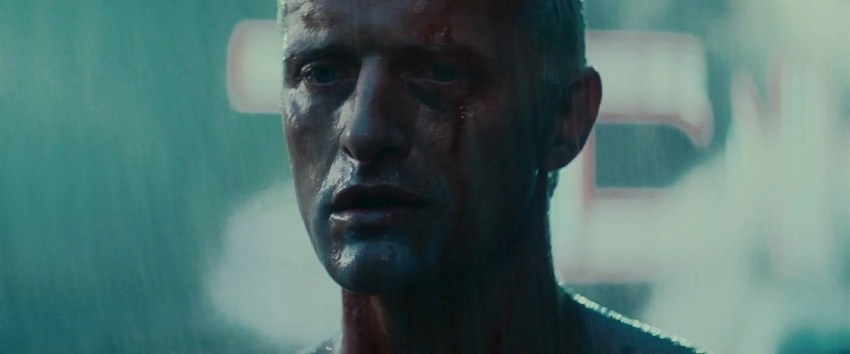
In theory, there’s two different ways to watch Ridley Scott’s immortal cyberpunk classic, Blade Runner. At first glance, viewers can experience the film from the perspective of Rick Deckard, allowing them to see from the point of view of a skilled investigator tracking down dangerous fugitive robots. Alternatively, one can choose to see the events of the film from the eyes of Roy Batty and his fellow replicants. Artificially manufactured for the purpose of slave labor, all Roy and his friends wish to do is escape the oppressive thumb of humanity and secure some semblance of freedom for themselves. Living in a constant state of fear, Roy is the pitch-perfect example of a sympathetic anti-hero – one whose antagonistic presence in Blade Runner is a matter of perspective alone.
